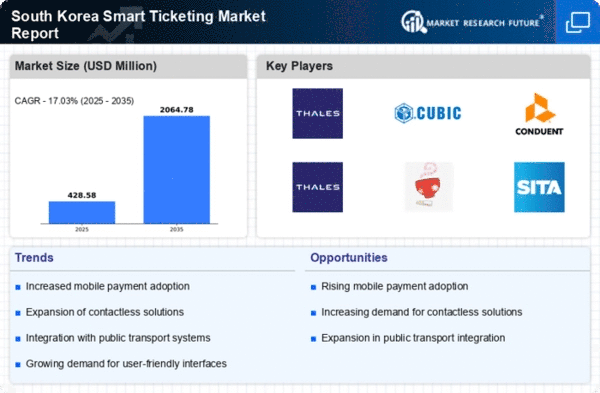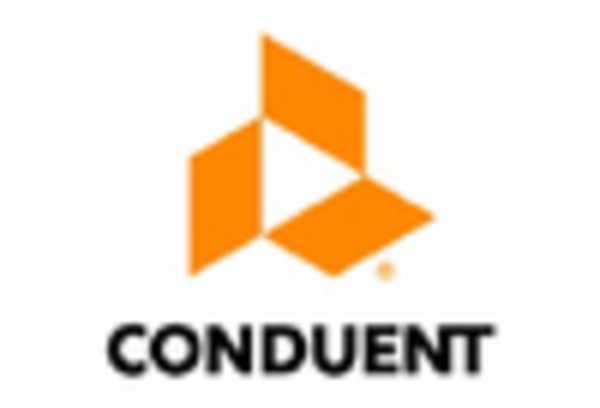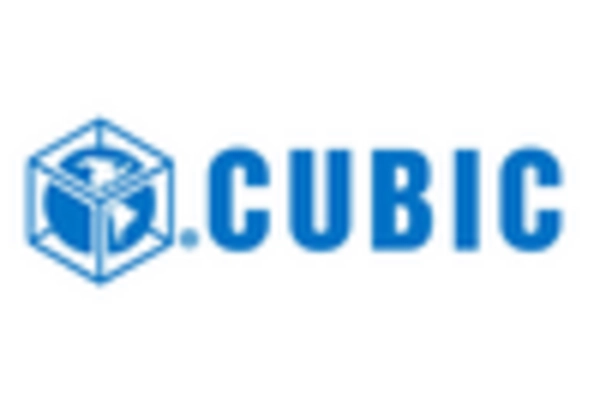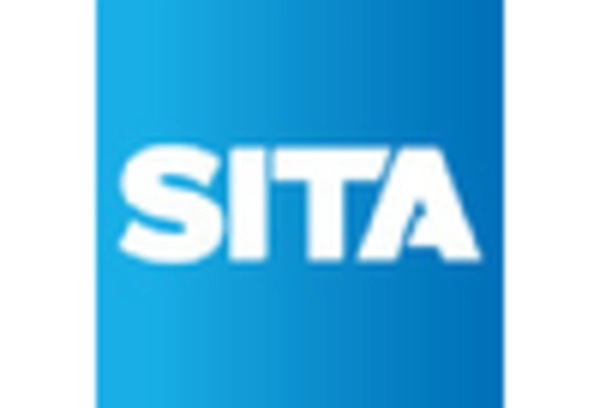Integration of Data Analytics
The integration of data analytics into the smart ticketing market is transforming how transport authorities manage operations and enhance user experiences. By leveraging big data, authorities can analyze commuter patterns, optimize routes, and improve service delivery. This data-driven approach not only enhances operational efficiency but also allows for personalized services, such as tailored promotions and real-time updates. As of 2025, it is estimated that 60% of transport operators in South Korea are utilizing data analytics to inform their smart ticketing strategies, indicating a significant shift towards data-centric decision-making in the industry.
Government Initiatives and Support
Government initiatives play a pivotal role in the expansion of the smart ticketing market in South Korea. The South Korean government has been actively promoting digital transformation across various sectors, including public transportation. Policies aimed at enhancing urban mobility and reducing congestion have led to increased investments in smart ticketing solutions. For instance, the government allocated approximately $200 million in 2025 to support the development of integrated ticketing systems. Such initiatives not only foster innovation but also encourage collaboration between private companies and public transport authorities, thereby propelling the smart ticketing market forward.
Increased Focus on User Experience
User experience is becoming a central focus in the smart ticketing market, as stakeholders recognize its importance in driving adoption. Transport authorities and service providers are investing in user-friendly interfaces and features that simplify the ticketing process. This includes mobile applications that provide real-time information, easy navigation, and personalized notifications. As a result, user satisfaction is expected to increase, leading to higher adoption rates. In 2025, surveys indicate that 75% of users prefer smart ticketing solutions that prioritize ease of use, underscoring the market's shift towards enhancing the overall commuter experience.
Rising Urbanization and Commuter Demand
Urbanization in South Korea is driving the demand for efficient public transport solutions, thereby impacting the smart ticketing market. With over 80% of the population residing in urban areas, the need for streamlined transportation systems is paramount. Commuters are increasingly seeking convenient and time-saving solutions, which smart ticketing systems provide. The market is projected to grow at a CAGR of 15% from 2025 to 2030, as urban dwellers prioritize efficiency in their daily commutes. This trend indicates a robust potential for smart ticketing solutions that cater to the evolving needs of urban populations.
Technological Advancements in Payment Systems
The smart ticketing market in South Korea is experiencing a surge due to rapid advancements in payment technologies. Innovations such as contactless payments and mobile wallets are becoming increasingly prevalent, facilitating seamless transactions for users. The integration of Near Field Communication (NFC) technology allows commuters to use their smartphones for ticketing, enhancing convenience and efficiency. As of 2025, it is estimated that over 70% of public transport transactions in South Korea utilize contactless payment methods. This shift not only streamlines the user experience but also reduces operational costs for transport authorities, thereby driving growth in the smart ticketing market.
















